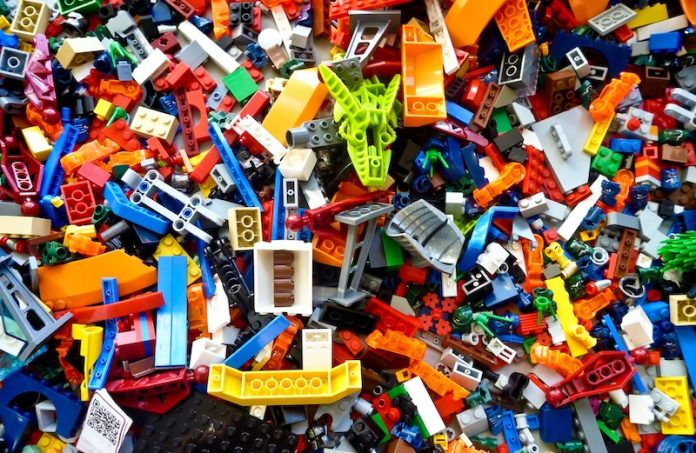
Hoarding disorder can be a severe issue, affecting a person’s life in many ways that might not be immediately apparent.
This disorder is more than just a tendency to accumulate items; it’s a complex mental health condition that can have far-reaching effects.
We’ll delve into the latest research and explore how hoarding can impact mental health. This guide will offer simple explanations for you to understand better.
What is Hoarding Disorder?
Before we dive in, let’s clarify what hoarding disorder is. Hoarding disorder is a condition where people find it hard to discard possessions, no matter their value.
They often feel a strong need to save items and suffer distress at the idea of getting rid of them. This leads to a buildup of things that can overwhelm their living spaces, making it hard for them to use their rooms or furniture as intended.
Hoarding Disorder and Mental Health
Now, let’s explore how hoarding disorder can harm mental health.
Anxiety and Stress
Research shows that hoarding disorder can lead to increased anxiety and stress. Imagine your house cluttered with things, making it hard for you to relax or move around.
The very sight of clutter can raise stress levels. The thought of sorting and discarding items can also cause considerable anxiety for people with hoarding disorder.
Depression
Several studies have linked hoarding disorder with depression. The disorder can create feelings of guilt, embarrassment, and self-loathing. These feelings can lead to a cycle of negative thinking and exacerbate symptoms of depression.
Social Isolation
People with hoarding disorder often avoid inviting others to their homes because of the clutter, leading to social isolation. This lack of social interaction can further harm mental health, contributing to feelings of loneliness and depression.
Other Mental Health Disorders
Hoarding disorder is also associated with other mental health disorders, like obsessive-compulsive disorder (OCD), attention deficit/hyperactivity disorder (ADHD), and personality disorders. These can compound the mental health challenges faced by people with hoarding disorder.
The Cycle of Hoarding and Mental Health Problems
Research also suggests that hoarding and mental health issues can create a vicious cycle.
The mental health problems can worsen the hoarding behavior, which in turn exacerbates the mental health issues. Breaking this cycle can be challenging and often requires professional help.
Getting Help for Hoarding Disorder
If you or someone you know is struggling with hoarding disorder, it’s essential to seek help. Mental health professionals can provide effective treatments for hoarding disorder, such as cognitive-behavioral therapy (CBT).
This therapy helps individuals understand why they feel the need to hoard and teaches them skills to declutter and organize their homes. In severe cases, medications might be used in combination with therapy.
Hoarding disorder is a significant mental health issue that can have far-reaching effects on a person’s life. It can lead to anxiety, depression, social isolation, and a cycle of worsening mental health problems.
The good news is that help is available, and with the right treatment, people with hoarding disorder can break the cycle, improve their mental health, and regain control of their lives.
Follow us on Twitter for more articles about this topic.
Copyright © 2023 Knowridge Science Report. All rights reserved.



